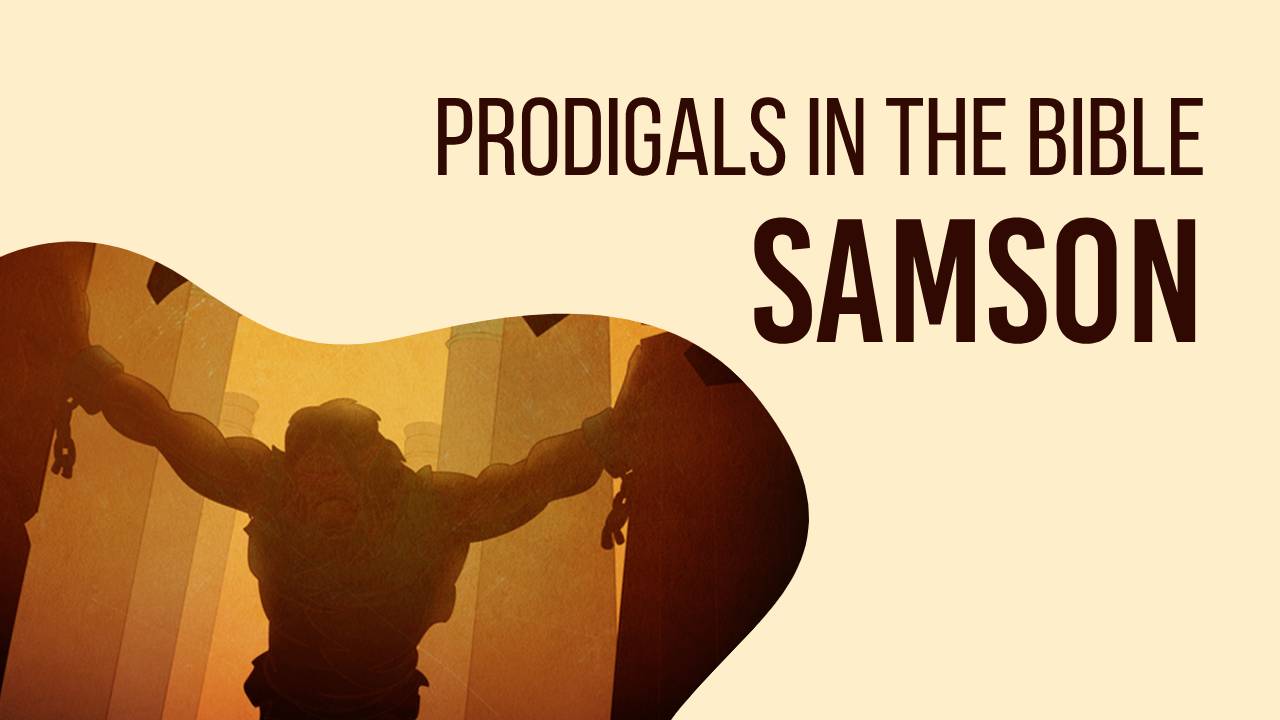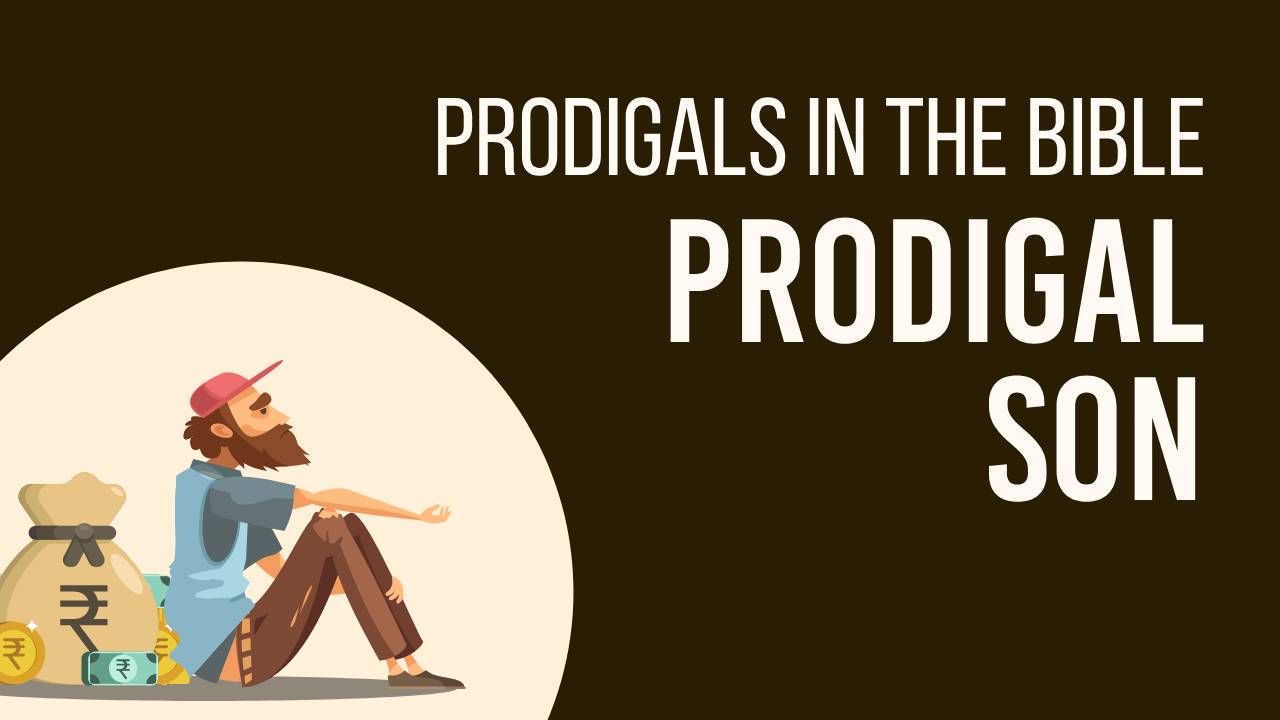In the truest sense of the word, a prodigal is someone who recklessly & wastefully lives his life. But thanks to the famous parable of the prodigal son narrated by the Lord Jesus, the word prodigal has come to be strongly associated with rebellion against God. Likewise, we see many such prodigals in the Bible who rebelled, but because of God’s Grace found their way back to God. Their return to God serves us important lessons on how God deals with sinners and His infinite love for prodigals.






